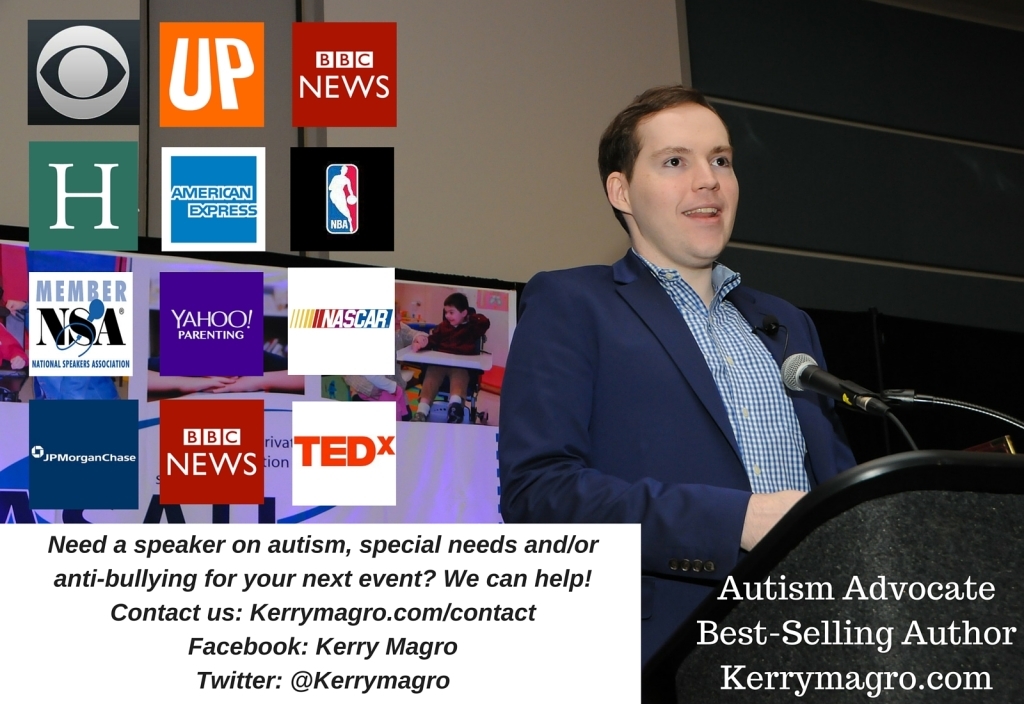Has anyone ever said this about you or your child? When I work with parents of children on the autism spectrum, they tell me a typical unsolicited comment includes, “Oh, your child is on the spectrum? But he seems so smart!”
When I was growing up on the spectrum, I was seen exactly like this because of my ability to do my homework twice as fast as many peers in my classes. When I was in fourth grade in mathematics, I would get A’s often on tests and homework assignments and receive average grades in my other classes. When my parents would tell people about my grades, though, they would often get asked how I could be on the spectrum.
Today I get the same thing when I go out to speak. You won’t believe how many times during a Q&A I hear about how I’ve “grown out of having autism” and how I “seem so smart now.”
Whenever I hear a comment like this I cringe, but it’s also an opportunity to educate.
Many people with autism have unique interests and also unique learning styles. We will often pay attention more intently when we are doing something that interests us versus something we don’t like. Because of our key interests, many of us can become experts in our fields if we have a passion behind them. Temple Grandin, one of our leading advocates in the autism community, once said, “Half of Silicon Valley is probably somewhere on the autism spectrum.” Many of those in Silicon Valley, autistic or not, are the smartest people in the world because they’ve been able to turn their interests in technology into a career.
Of course, many individuals with autism (and without autism) may struggle to perform well in certain areas — but that doesn’t make them any less bright than the next person you meet. When we can find a way to teach the way these kids learn, we can find ways to help them show the world how bright they truly are.
This goes for those who are nonverbal as well. I used to be under the misconception that because someone is nonverbal that meant they were on the “low-functioning side” of the spectrum. Today, more than a quarter of individuals who have autism are also nonverbal. It wasn’t until I heard of Carly Fleischmann’s story, a young woman with autism who is nonverbal but communicates via her iPad, that I then learned of the countless stories of bright individuals like her out there in our community.
Bottom line is, the next time you hear a comment like this, I want you to be reassured that our children are brighter than what the general public’s perception is. We are a close knit community, but we have a loud voice when it comes to having our stories to tell.
Ignorance is truly a lack of awareness, and the more barriers we can break down to avoid these comments the better our community will be.
*What do you wish people would stop saying? Here is a list of 10 things autism parents don’t want you to say that is available to read at Autismspeaks.org here.*















